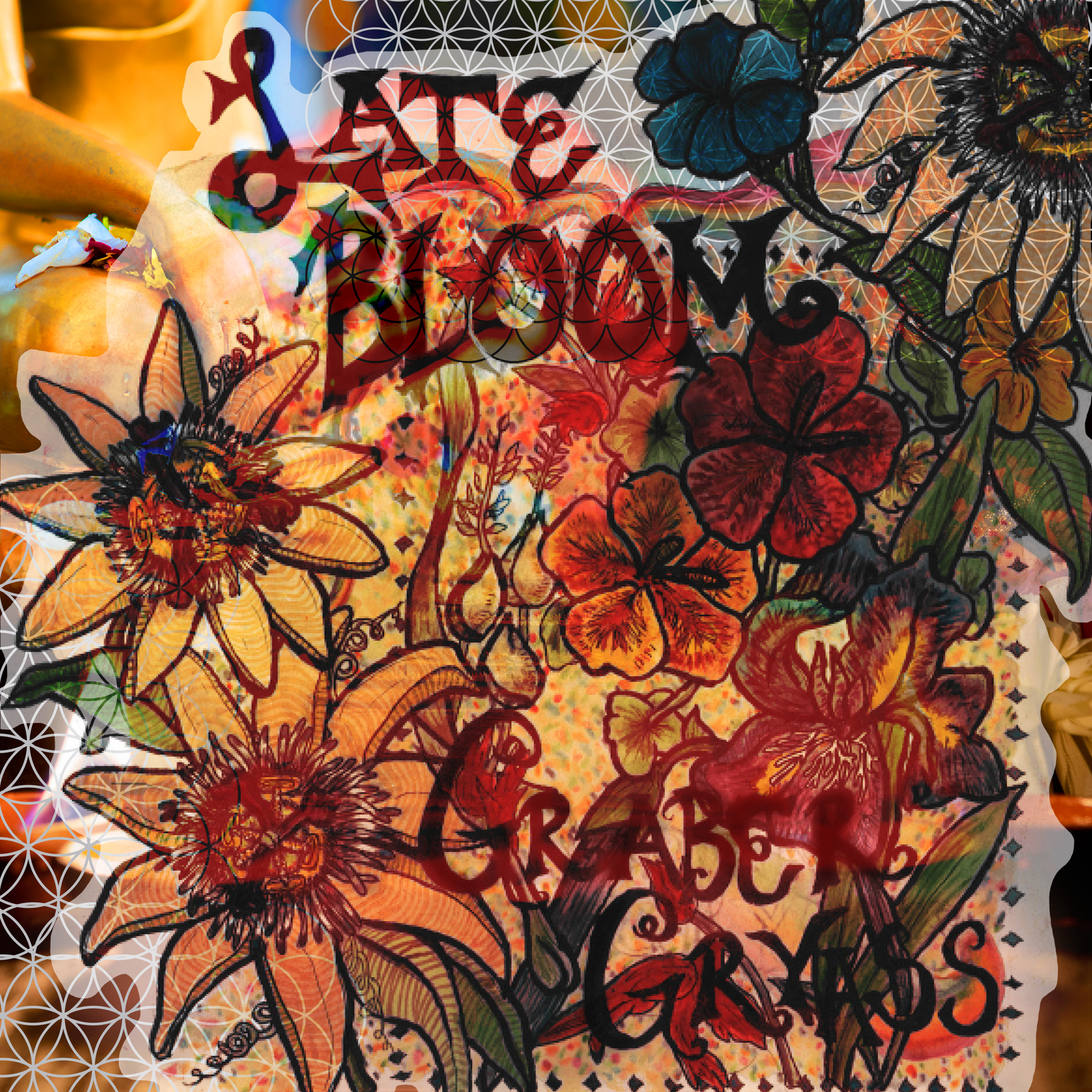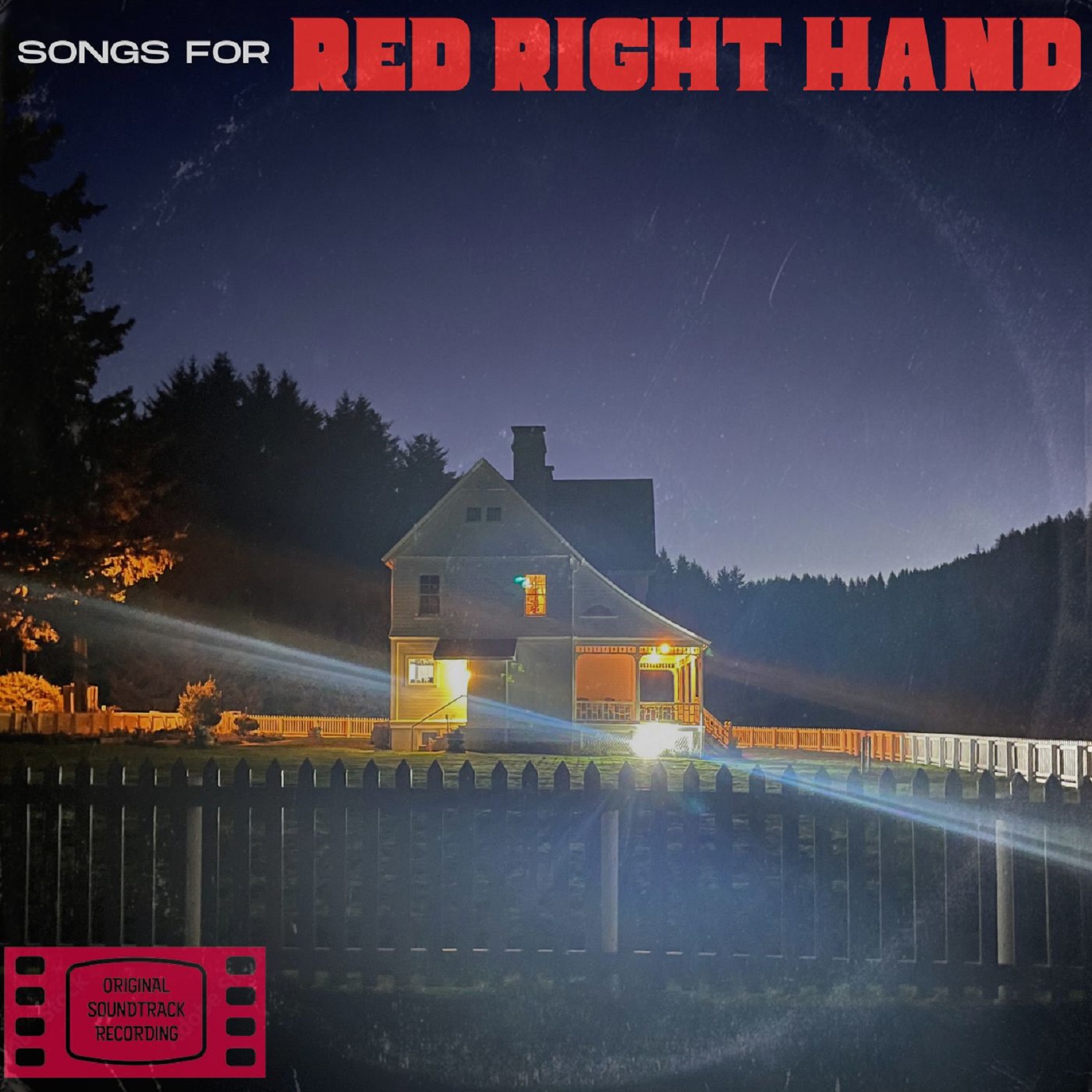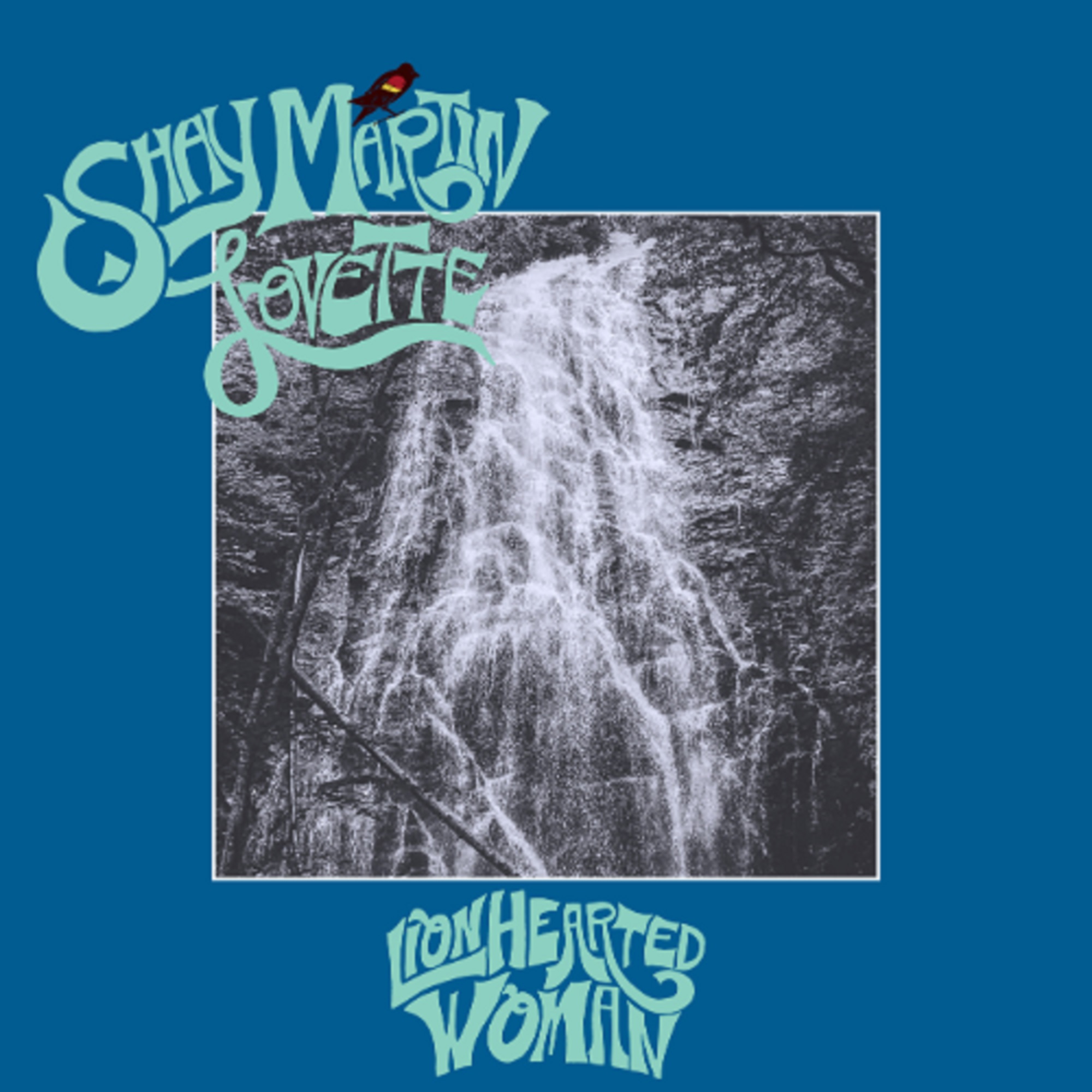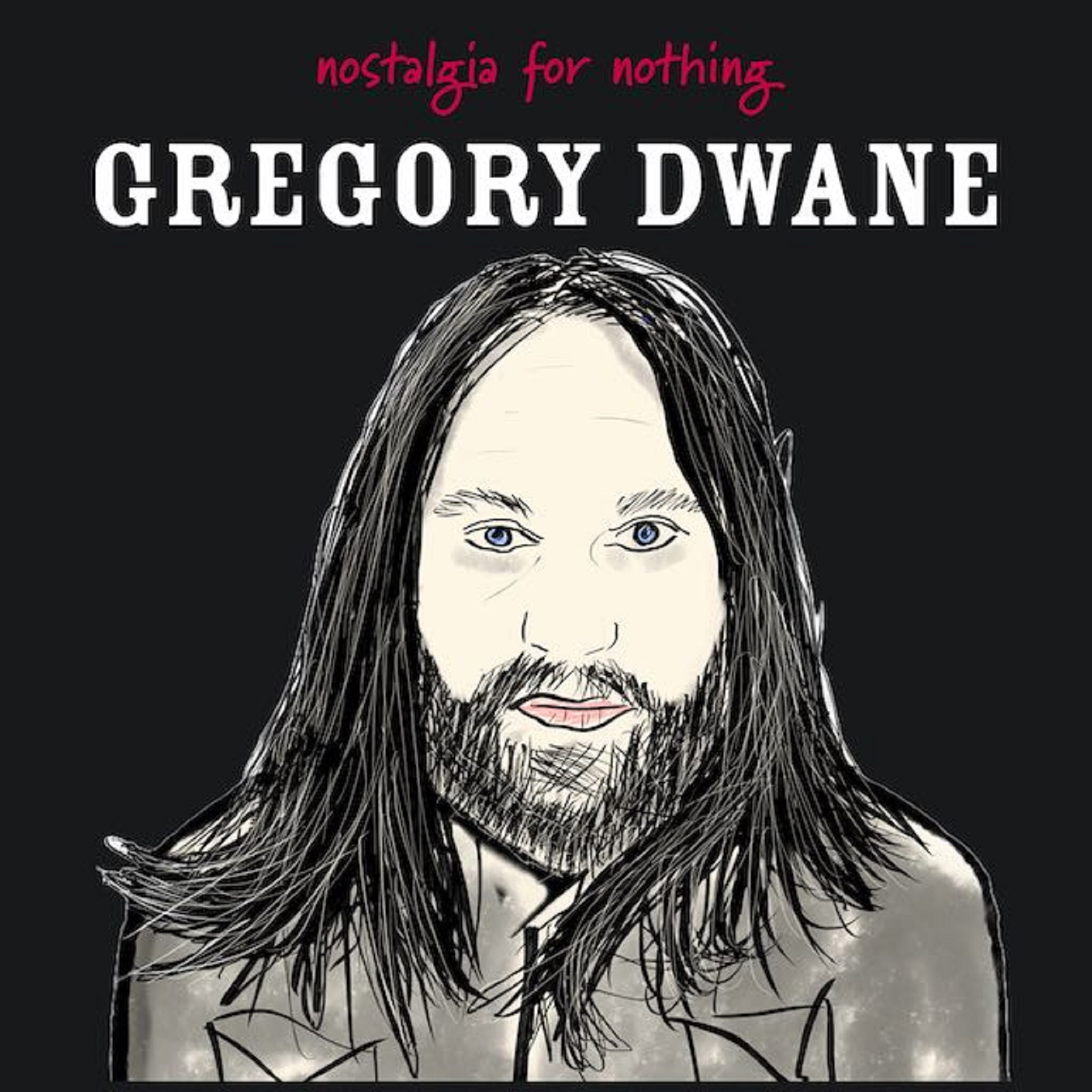Michael Graber was a very anxious child, and he could only ever find peace between the folds of an expansive musical universe. As frontman of acoustic collective Graber Gryass, he fashions a vast and eclectic background into an immersive journey into an original expansive, exploratory song catalogue. The first record of two, Late Bloom, reads with straight-arrow storytelling, but carries a remarkable importance about the human experience.
“This album really is symbolic of my whole existence. I like to think it’s a message for other people, too,” he says. “You look at a lot of the great novelists. They don’t publish their first novel until their 40s or 50s. This is the first record of all originals under my name. I just turned 50. It’s a real celebration of flourishing.”
Even more, Late Bloom exudes some of the most exemplary songwriting and musicianship you’ll hear all year. That is in large part to the smorgasbord of players and their collective expertise. You’ll find musicians who have played in Public Enemy, Rumpke Mountain Boys, Devil Train, and Dagnabbits, among others. Graber himself has contributed to recordings for Bluff City Backsliders, the Grifters, Foy Vance (“To Memphis”), and currently plays in the Bluff City Backsliders, Zeke’s Three Generation Jug Rascals, and Damfool, and boasts previous work with Professor Elixir’s Southern Troubadours, Fatback Jubilee, and 611.
Such pedigrees flourish into a vibrant display across 12 songs. A syrupy barroom tune, “Devil’s Got Your Name” is a slice of “country surrealism as a day-drinking melodrama, filled with despair,” as Graber puts it. Then, you have entries like “Fool Living Wrong” and “More to Lose” dissecting the brokenness of marriage with crushing precision. “You hold my dreams at night / Won’t leave me alone / Possessed, confused, I don’t know what to do,” he laments, as Gia Welch’s stunning harmonies wash around him.
“When the Water’s This Low” stands among Graber’s darkest, most eerie stories. Initially written as a poem, he recalls a startling experience he had as a young boy that has “haunted me ever since,” he says. “There are lots of snakes when the water’s this low / Each one has poison / It can drag you below / as they slither underwater, you feel it in your soul,” he hisses across a swampy soundscape. “The song is true, except the death at the end. And I had a fever, so it was surreal,” he remembers.
Late Bloom completely lives up to its moniker.
Out of Memphis, a mecca of blues, soul, and rock ‘n roll music, Graber grew up immersed in the city’s rich cultural and musical heritage, living next door to Bettye Crutcher, the famed Stax singer/writer/producer. When he first heard “Penny Lane” by the Beatles, he cried in recognition. It was an awakening -- his first realization of “the power of song,” he recalls.
From that moment, his life catapulted onto a trajectory of great musical curiosity. He asked his mother for a guitar in fourth grade (and she cried, too, knowing what kind of uncertain journey lay ahead). His pursuits took him all over the map, musically speaking, from playing in heavy metal and punk bands in high school to returning to acoustic guitar at 18.
A new, unexpected muse had struck. “I missed out on the ‘90s. My wife grew up in the grunge period, but angst and yelling wasn’t speaking to me as much as Western swing and brother duets,” he recalls. He was finishing graduate work at the time and was totally “burned out on bluegrass.” Around 1998, he decided to sober up and create music with a distinctly more Memphis character, the birth of the Bluff City Backsliders.
Throughout the late ‘90s and early ‘00s, Graber became a titan in the local Memphis scene. As part of 611, he was among the first artists to record for Memphis’ now-legendary Shangri-La Records, an avenue which was crucial in those early days for other artists like The Grifters (originally named A Band Called Bud), as well. Graber later collaborated as part of an 11-piece called Professor Elixir’s Southern Troubadours for a decade, before mounting an off-shoot called Fatback Jubilee, an endeavor which allowed for an intense, real study of old time and bluegrass music.
Life then threw him a curveball when he had two children, both of whom suffered from Cystic Fibrosis. Music was understandably pushed to the back-burner. “I had to provide insurance and raise those girls,” he says. He didn’t completely leave music, but he couldn’t actively tour like in those early days. He predominantly played in local bar bands and expressed his creativity in other ways, including writing a book of poetry and a collection of essays on creativity, leadership, and innovation in business (The Last Real Medicine Show and Going Electric).
Graber has clearly worn many varied artistic masks throughout his life. With Graber Gryass, the 50-year-old stands in the sun with his unique nu-grass style. Late Bloom sticks to conventions that simply work, yet it bounds far and away from what one might expect. In 2019, he decided he finally wanted to write again. Having kept a collection of random notes and bits of paper scrawled with lyrics, spanning nearly 30 years, he pieced together what he had and soon realized an album (or two) had formed.
But then: the pandemic hit. Another curveball. Ever the intuitive, empathetic thinker, Graber “noticed friends that were stranded in New York state, and their gigs were being cancelled left and right,” he says. He thought about how he could help and cooked up an idea of writing two songs a week and then parlaying that work into fundraising for Memphis musicians, in a series titled MICRODOSE. “What a deep well of creativity I rediscovered,” he says. “All that music I had been studying for all those years mixed with the present moment.”
An unexpected by-product, his creative juices were once again flowing to plot his own projects. “By need, I was tricked into rediscovering this deep part of me that I had suppressed all these years,” he notes.
Late Bloom, recorded over two days, sprouted from his fingertips and supplied some necessary healing in the process. But bluegrass is different in Memphis than anywhere else. “We like to tell stories here and be intense. The air is thick. You walk outside, and it’s like doing an isometric exercise with the humidity. That sensibility comes through in the whole sensibility. It’s our native place.”
A rooted, visceral intensity electrifies the record ─ evident in songs like “A Fable,” a disorienting meditation on generations, and “Wind That Shakes the Cotton,” a song taking the perspective of his daughter Jesse’s young suitor. Graber’s voice keeps time with the locomotive spark of every single arrangement, a give and take that mesmerizes the listener into sinking deep into the experience.
Graber Gryass is most certainly not another run-of-the-mill bluegrass band. There is an indelible excitement - a unique fingerprint - to their original stories, and they shoot with real, raw honesty. Late Bloom is the start of it all.






















